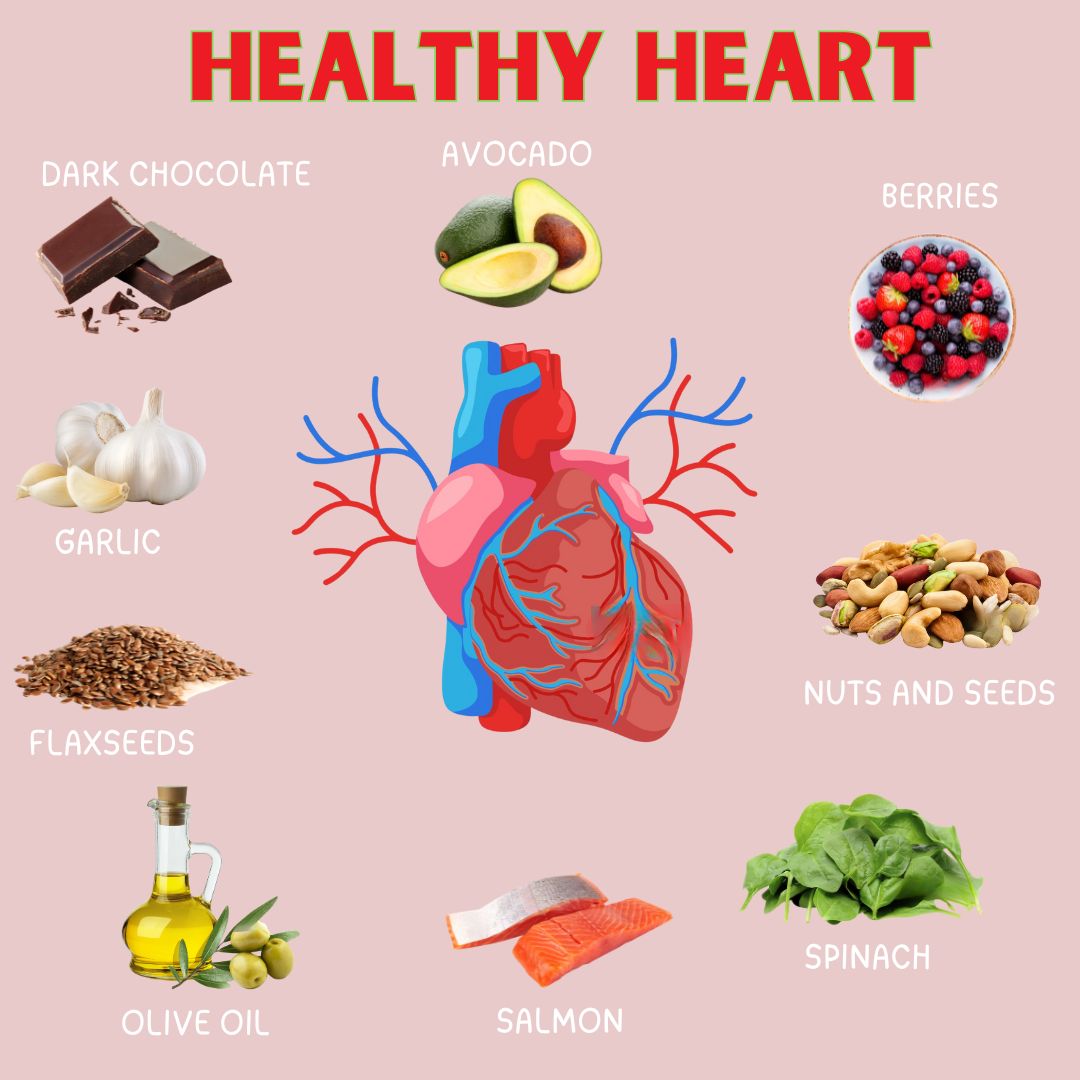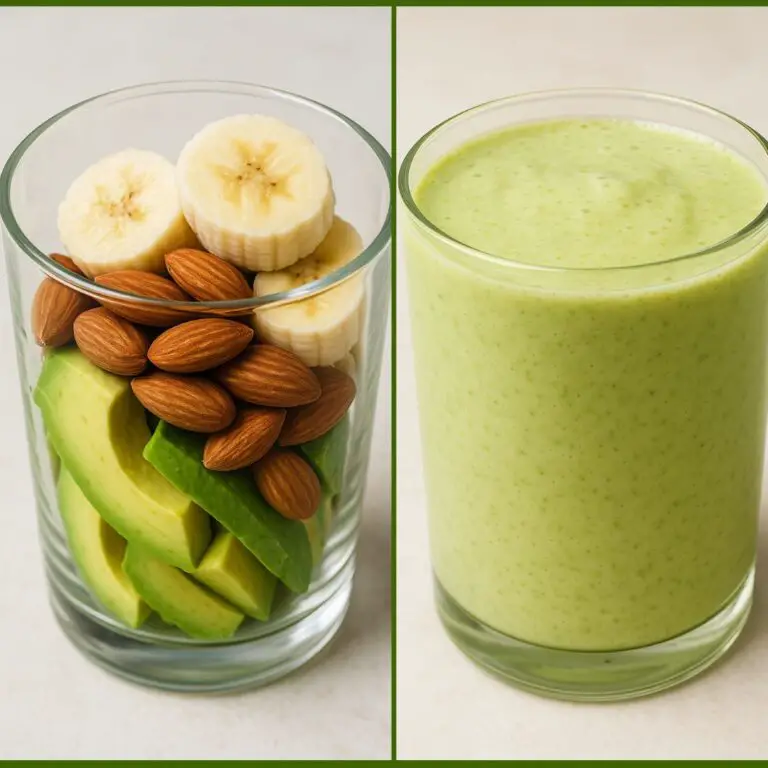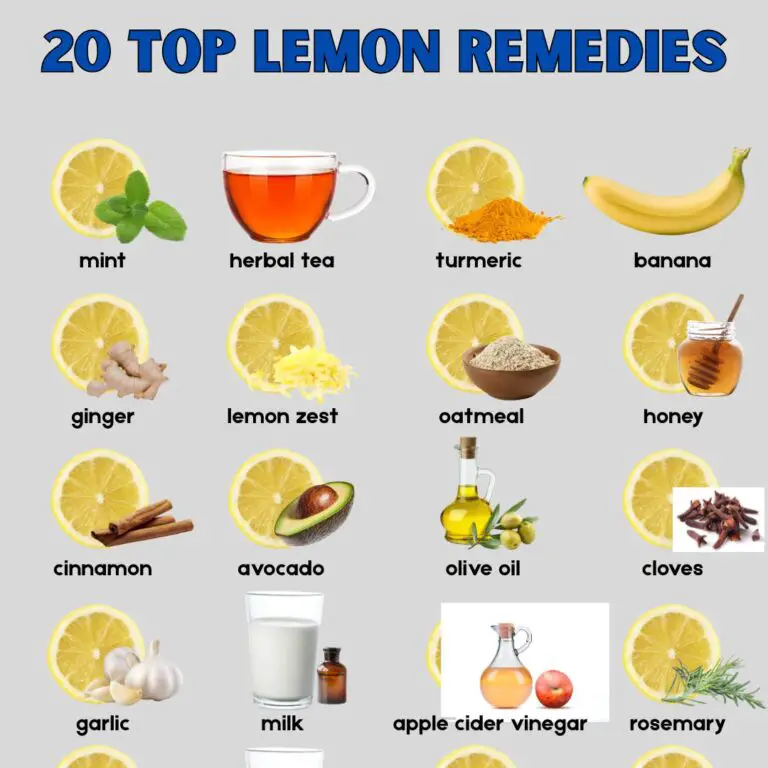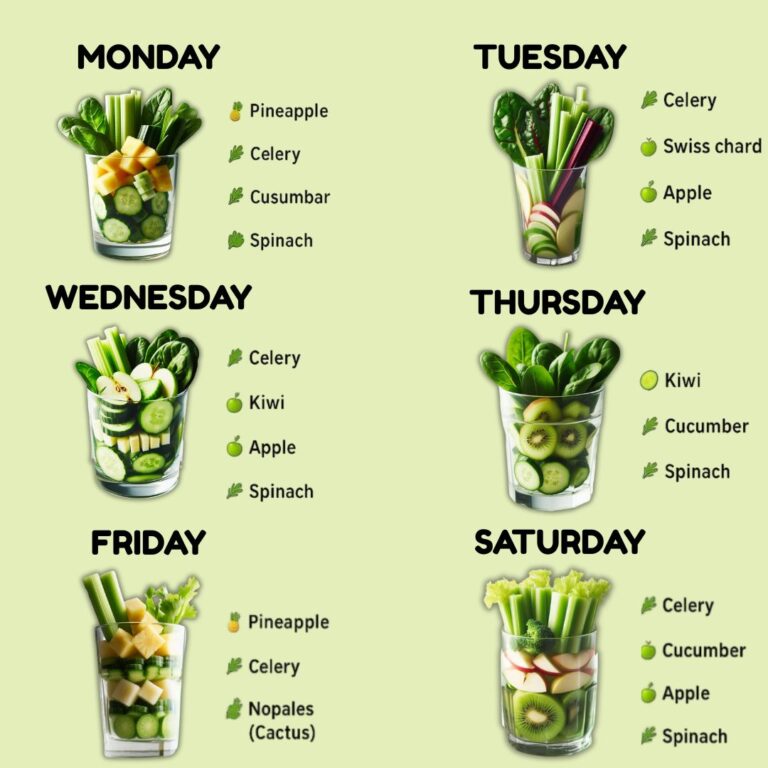❤️ Top 9 Foods for a Healthy Heart! ❤️
Introduction
In today’s fast-paced world, maintaining heart health is more crucial than ever. Cardiovascular diseases remain the leading cause of death globally, but the good news is that lifestyle choices, particularly diet, play a significant role in prevention. Incorporating heart-healthy foods into your daily meals can significantly reduce the risk of heart disease and improve overall well-being.
This article explores nine powerhouse foods known for their heart-protective properties. From nutrient-rich avocados to antioxidant-packed berries, these foods not only support cardiovascular health but also add flavor and variety to your diet.
Why You’ll Love These Heart-Healthy Foods
Embracing these nine foods offers numerous benefits:
- Natural Nutrient Boost: Each food is packed with essential vitamins, minerals, and antioxidants.
- Versatility: They can be incorporated into various dishes, from breakfasts to dinners.
- Delicious Flavors: Healthy eating doesn’t mean compromising on taste.
- Proven Health Benefits: Scientific studies support their role in promoting heart health.
By integrating these foods into your meals, you’re taking proactive steps toward a healthier heart and a more vibrant life.
Ingredients
Here’s a closer look at each of the nine heart-healthy foods:
- 🥑 Avocado: Rich in monounsaturated fats, avocados help lower bad cholesterol levels. They’re also a good source of potassium, which aids in blood pressure regulation.
- 🍫 Dark Chocolate: Contains flavonoids that improve blood flow and reduce blood pressure. Opt for dark chocolate with at least 70% cocoa content.
- 🍓 Berries: Strawberries, blueberries, and raspberries are high in antioxidants, which combat oxidative stress and inflammation.
- 🧄 Garlic: Known for its ability to lower blood pressure and cholesterol levels, thanks to the compound allicin.
- 🧬 Flaxseed: Packed with omega-3 fatty acids and fiber, flaxseeds help reduce blood pressure and improve cholesterol levels.
- 🌰 Nuts & Seeds: Almonds, walnuts, and chia seeds provide healthy fats, fiber, and protein, all beneficial for heart health.
- 🫒 Olive Oil: A staple in the Mediterranean diet, olive oil is rich in monounsaturated fats and antioxidants.
- 🐟 Salmon: An excellent source of omega-3 fatty acids, which reduce inflammation and lower the risk of heart disease.
- 🥬 Spinach: High in nitrates and antioxidants, spinach helps lower blood pressure and improve arterial function.
For more on heart-healthy ingredients, check out Harvard Medical School’s guide on heart-healthy foods.
Necessary Tools
To incorporate these foods into your diet, consider having the following kitchen tools:
- Blender: For smoothies and purees.
- Salad Spinner: To clean and dry leafy greens.
- Non-stick Skillet: Ideal for cooking salmon and sautéing vegetables.
- Sharp Knives: Essential for chopping nuts, garlic, and other ingredients.
- Measuring Cups and Spoons: For accurate ingredient portions.
Ingredient Swaps and Additions
Flexibility is key in maintaining a heart-healthy diet. Here are some alternatives:
- Avocado: Replace with hummus or nut butters for similar healthy fats.
- Dark Chocolate: Opt for cocoa nibs or unsweetened cocoa powder in recipes.
- Berries: Use frozen berries when fresh ones aren’t available.
- Garlic: Garlic powder can be a substitute, though fresh garlic offers more benefits.
- Flaxseed: Chia seeds or hemp seeds are excellent alternatives.
- Nuts & Seeds: Sunflower seeds or pistachios can be used based on preference.
- Olive Oil: Avocado oil or canola oil are good substitutes.
- Salmon: Mackerel, sardines, or plant-based omega-3 sources like algae oil.
- Spinach: Kale, arugula, or Swiss chard are nutritious alternatives.
For a deep dive into healthy cooking oils and their benefits, visit The American Heart Association’s article on cooking oils.
Step-by-Step Instructions: Heart-Healthy Salad Recipe
Ingredients:
- 2 cups fresh spinach
- 1/2 avocado, sliced
- 1/4 cup mixed berries
- 1 tablespoon flaxseeds
- 2 tablespoons chopped walnuts
- 1 tablespoon olive oil
- 1 teaspoon balsamic vinegar
- 1 clove garlic, minced
- Salt and pepper to taste
Instructions:
- Prepare the Dressing: In a small bowl, whisk together olive oil, balsamic vinegar, minced garlic, salt, and pepper.
- Assemble the Salad: In a large bowl, combine spinach, avocado slices, berries, flaxseeds, and chopped walnuts.
- Dress the Salad: Pour the dressing over the salad and toss gently to combine.
- Serve: Transfer to serving plates and enjoy immediately.
Pro Tips for Success
- Freshness Matters: Use fresh, organic ingredients when possible to maximize nutrient intake.
- Portion Control: While these foods are healthy, moderation is key to maintaining a balanced diet.
- Meal Prep: Prepare ingredients in advance to make incorporating them into meals easier.
- Stay Hydrated: Drinking plenty of water complements a heart-healthy diet.
- Regular Exercise: Combine dietary changes with physical activity for optimal heart health.
If you want a full lifestyle approach, don’t miss our article on How to Improve Heart Health Naturally.
Serving Suggestions
- Breakfast: Add flaxseeds and berries to oatmeal or yogurt.
- Lunch: Prepare a spinach and salmon salad drizzled with olive oil.
- Snack: Enjoy a small piece of dark chocolate with a handful of nuts.
- Dinner: Grill salmon and serve with sautéed spinach and quinoa.
For more ideas, explore our Healthy Dinner Recipes page.
Storing and Reheating
- Avocados: Store cut avocados with a squeeze of lemon juice to prevent browning.
- Berries: Keep in the refrigerator and consume within a few days.
- Nuts & Seeds: Store in airtight containers in a cool, dry place.
- Cooked Salmon: Refrigerate leftovers and reheat gently to preserve texture.
- Spinach: Use fresh within a week; cooked spinach can be stored for up to three days.
Nutritional Information (Per Serving of the Heart-Healthy Salad)
- Calories: 320
- Total Fat: 25g
- Saturated Fat: 3g
- Cholesterol: 0mg
- Sodium: 50mg
- Total Carbohydrates: 18g
- Dietary Fiber: 7g
- Sugars: 5g
- Protein: 6g
FAQs
1. Can I eat these foods daily?
Yes, incorporating these foods into your daily diet can provide consistent heart health benefits.
2. Are there any side effects?
Generally, these foods are safe. However, overconsumption, especially of nuts and oils, can lead to excessive calorie intake.
3. Can I substitute these foods if I have allergies?
Absolutely. For instance, if you’re allergic to nuts, seeds like sunflower or pumpkin can be alternatives.
4. How soon can I see benefits?
While individual results vary, consistent dietary changes can lead to noticeable improvements in cholesterol and blood pressure within weeks.
5. Are these foods suitable for children?
Yes, these nutrient-rich foods are beneficial for all age groups, including children.
Conclusion
Prioritizing heart health through diet is a proactive step toward a longer, healthier life. By incorporating these nine foods into your meals, you’re not only nourishing your body but also taking a stand against heart disease. Remember, small, consistent changes can lead to significant health improvements over time.







